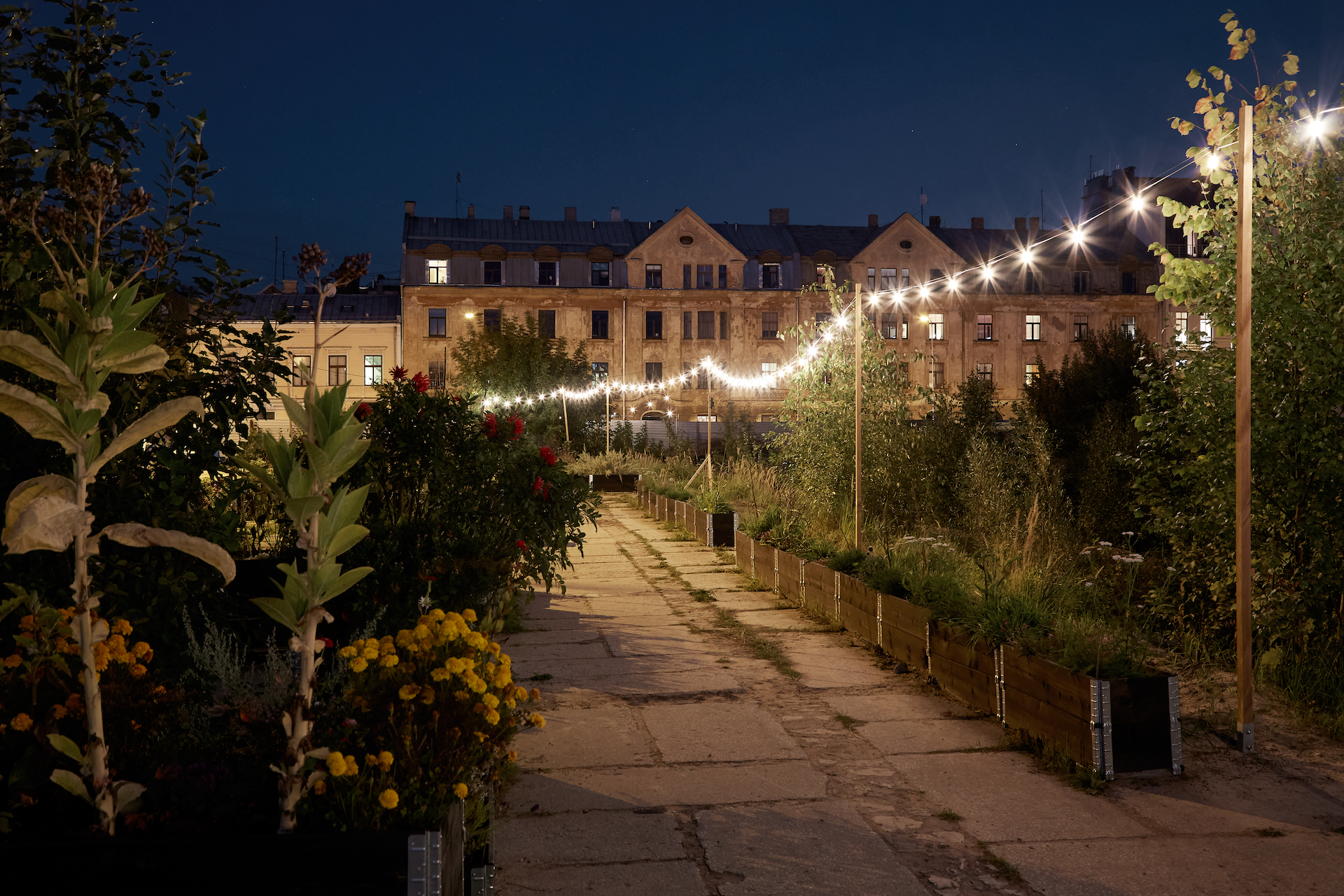- 27 July 2022
- 4381 defa okundu.
The European Prize for Urban Public Space 2022 announces the 5 finalist works
After meeting on 14th and 15th July, the international Jury of the 2022 European Prize for Urban Public Space has chosen the 5 finalists for this year’s award. The winner will be made public at a prize-giving ceremony that is to be held at the CCCB the 14 and 15 November.
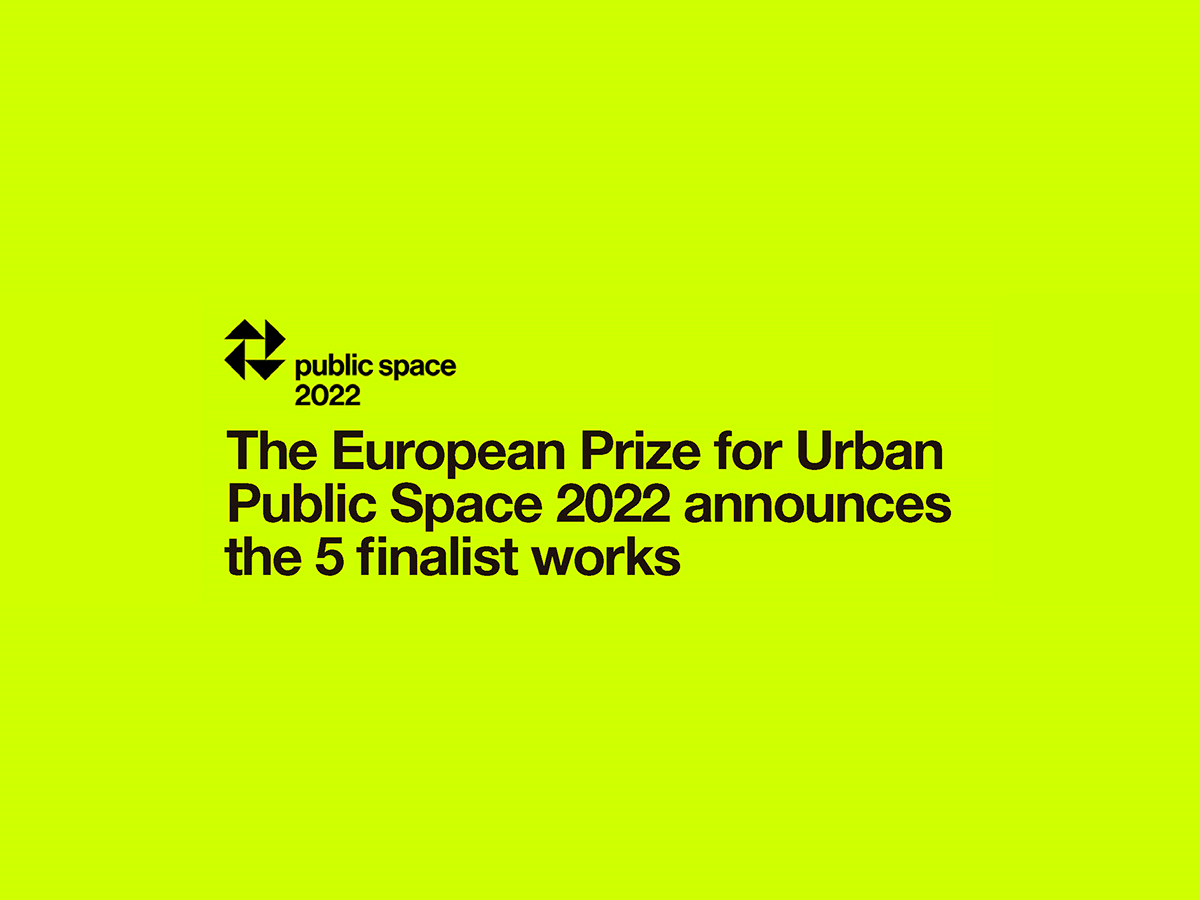
With record figures of participation –326 projects– and a high level of representation –35 countries– the Prize confirms the relevance and great importance of public space in the development of cities, in present and future contexts.
The European Prize for Urban Public Space is a biennial, honorific award which, since 2000, has recognised the best projects of creation, transformation, and recovery of public spaces in European cities.
The Centre de Cultura Contemporània de Barcelona (CCCB), which closed its registration period for the European Prize for Urban Public Space 2022 on 17 May with record numbers of participation and a high level of representation. The international Jury has chosen the 5 finalists for this year’s award, which recognises works carried out between 2018 and 2021. The winner will be made public at a prize-giving ceremony that is to be held at the CCCB the 14 and 15 November.
More specifically, there have been 326 confirmed entries for the eleventh award of the European Prize for Urban Public Space, which is a significant increase in comparison with the two previous awards of 2018 and 2016, for which 279 and 276 works were presented, respectively. The countries that have presented the greatest number of works are Spain, Poland, Italy, France, and Portugal. Moreover, notable among the 35 countries represented—once again, a higher number than in previous awards—are the inclusion, for the first time, of Armenia; the return of Cyprus, Iceland, Georgia, and Latvia; as well as the participation of Ukraine.
After its deliberations at the meeting on 14 and 15 July at the CCCB (Barcelona), the international Jury—with the agricultural engineer and landscape designer Teresa Galí-Izard, who teaches Landscape Architecture at the ETH, Zurich, as its president, and consisting of Hans Ibelings, architecture critic, historian, and editor of The Architecture Observer; Eleni Myrivili, who has a PhD in Anthropology and is an advisor on Resilience and Sustainability in Athens; Andreas Ruby, director of the Swiss Architecture Museum in Basle; Paloma Strelitz, architect, creative director of Patch, and founder of Assemble, London; and Špela Videčnik, architect and founding member of the architects’ studio OFIS in Ljubljana; with the support of Lluís Ortega, architect, lecturer at the UPC, and Secretary of the Prize—has decided to select the following works:
Catharijnesingel, 2020. Utrecht, Netherlands. OKRA landschapsarchitect
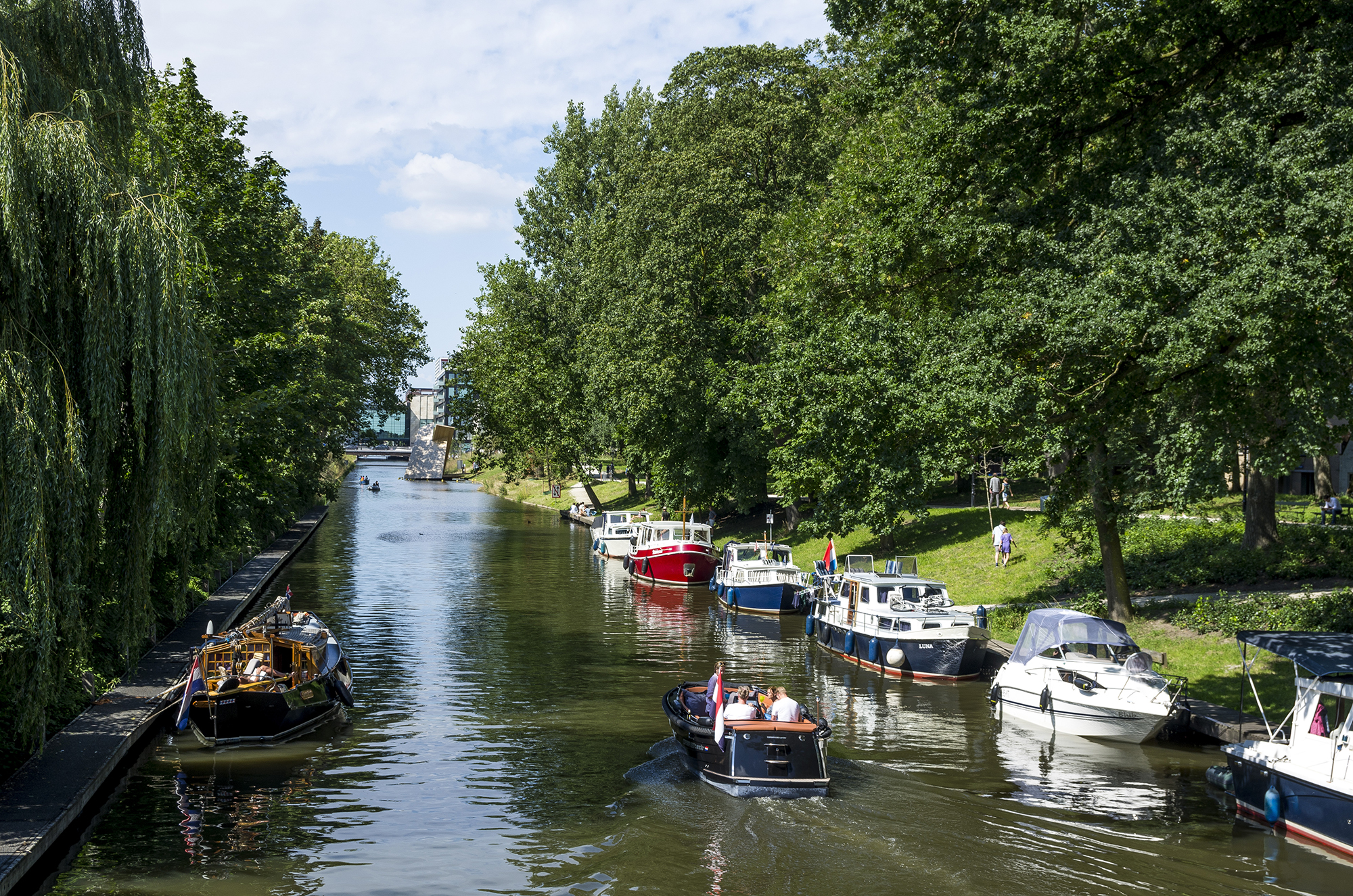
Catharijnesingel, 2020. Utrecht, Netherlands. OKRA landschapsarchitect
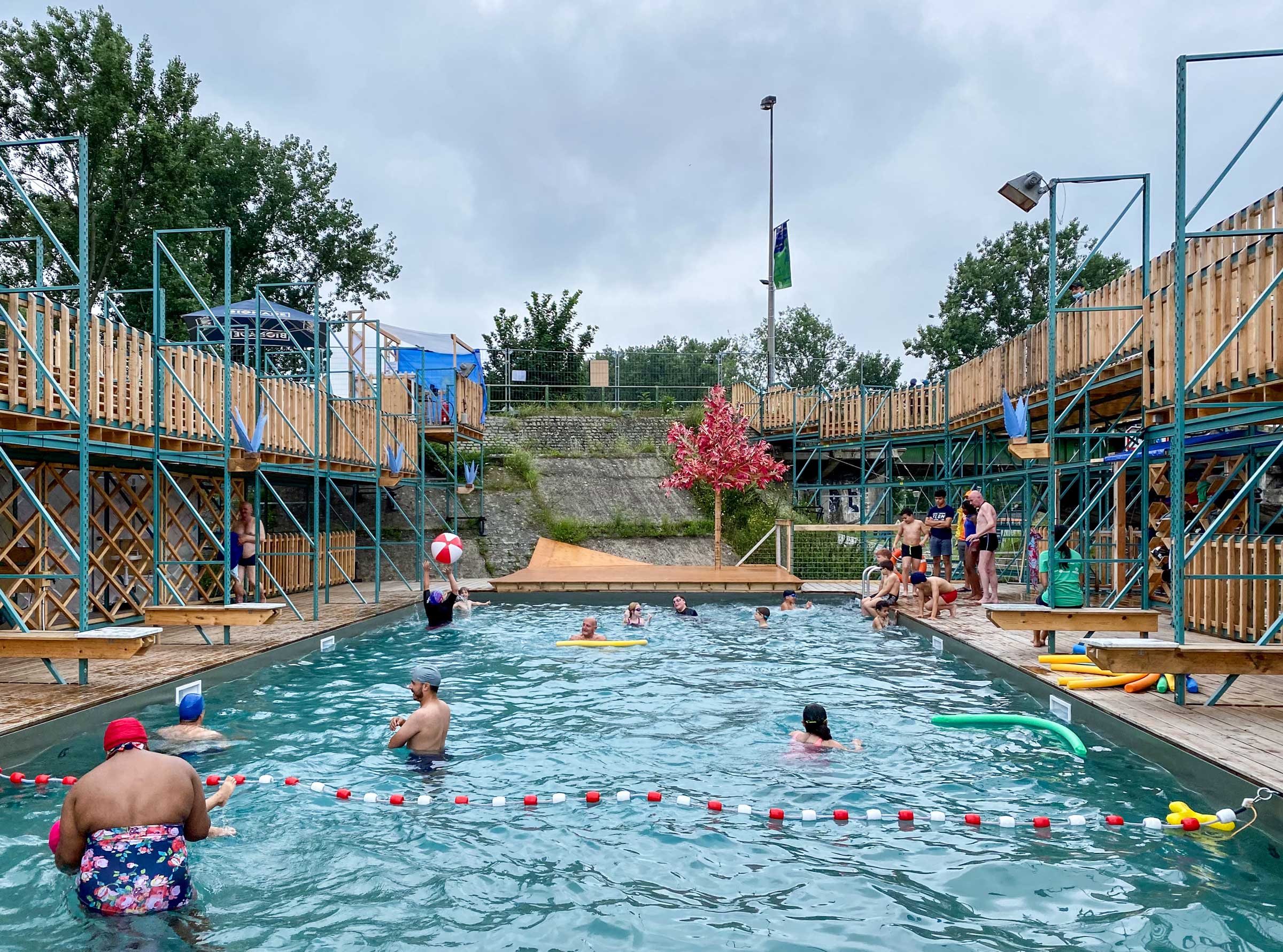
Hage, 2021. Lund, Sweden.
Brendeland & Kristoffersen architects, Price & Myers
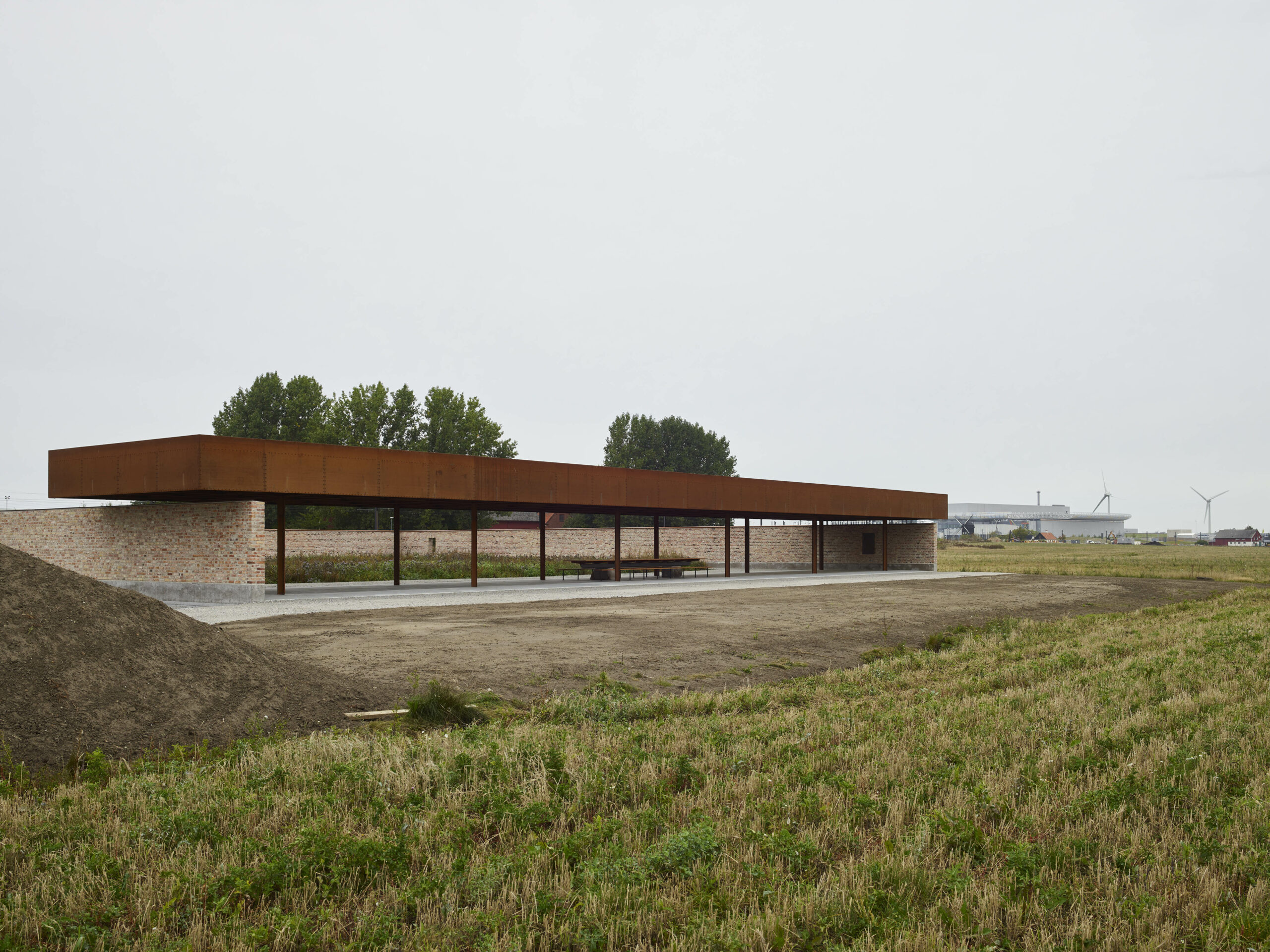
Saint Sernin Square, 2020. Toulouse, France.
Joan Busquets, Pieter-Jan Versluys, BAU
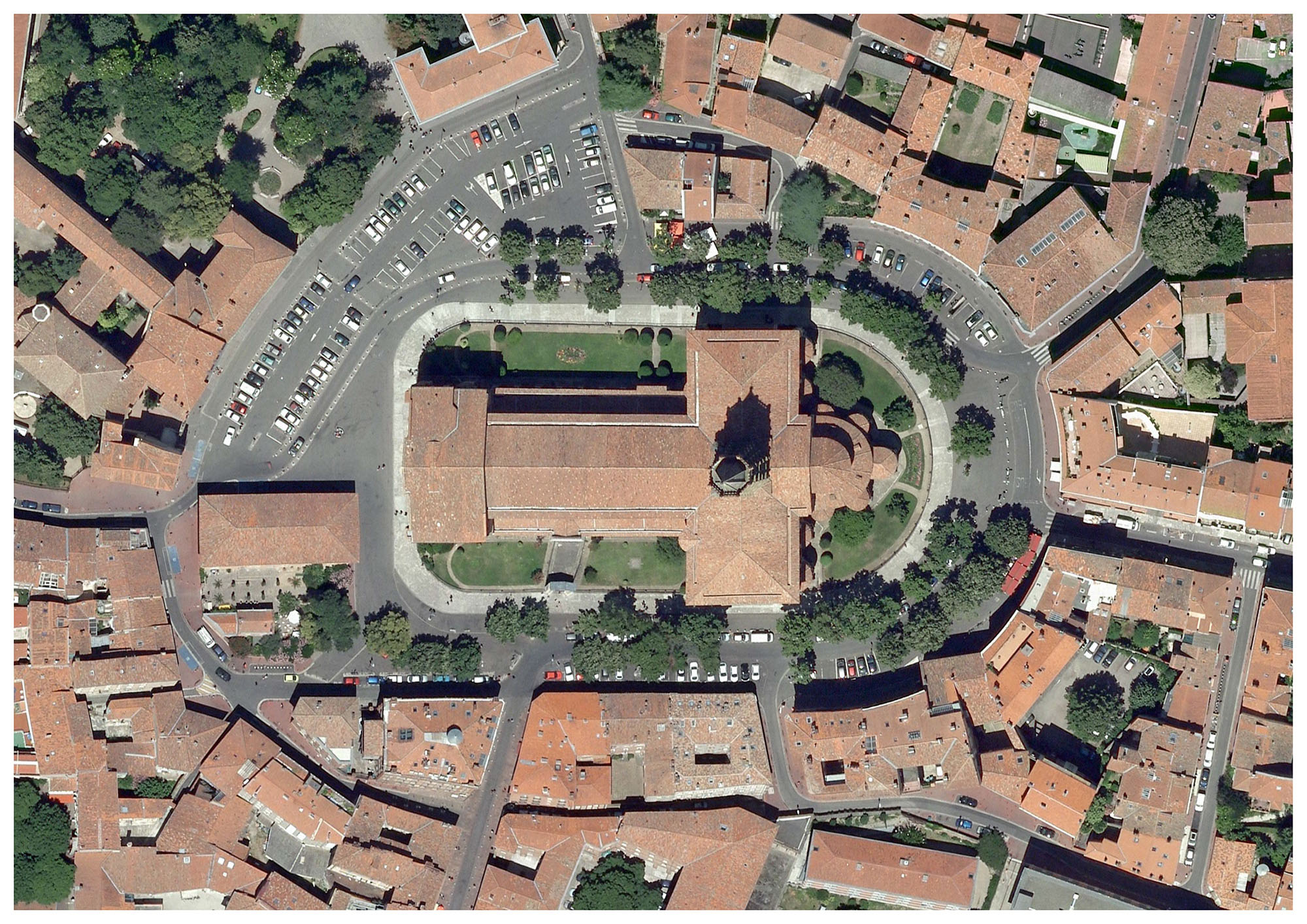
“Sporta pils dārzi”urban garden in Riga, 2021. Riga, Latvia.
Artilērijas dārzi
